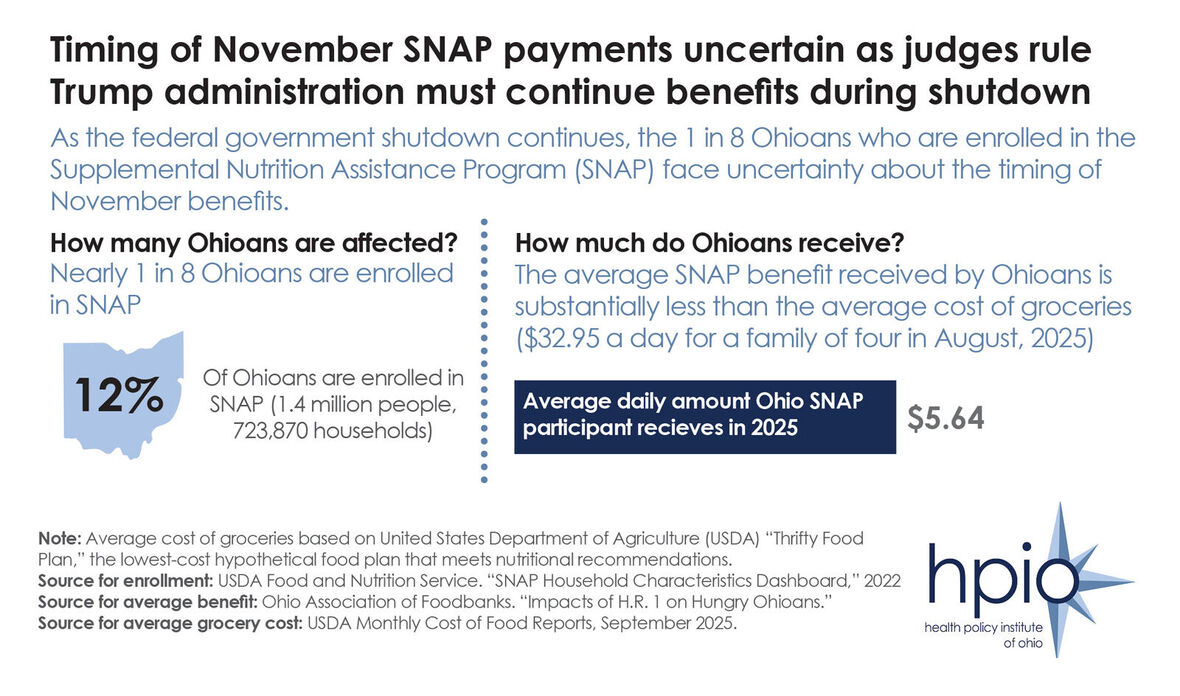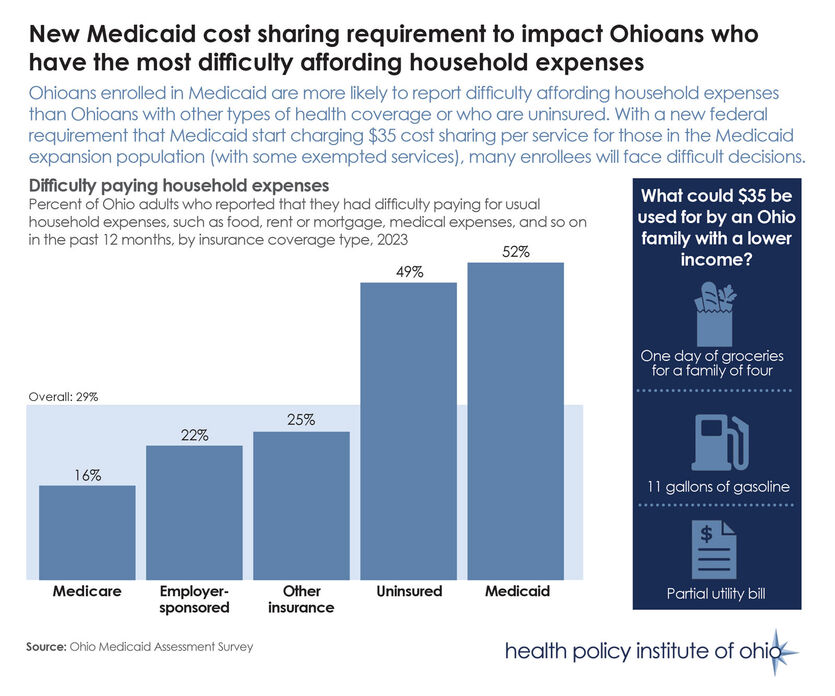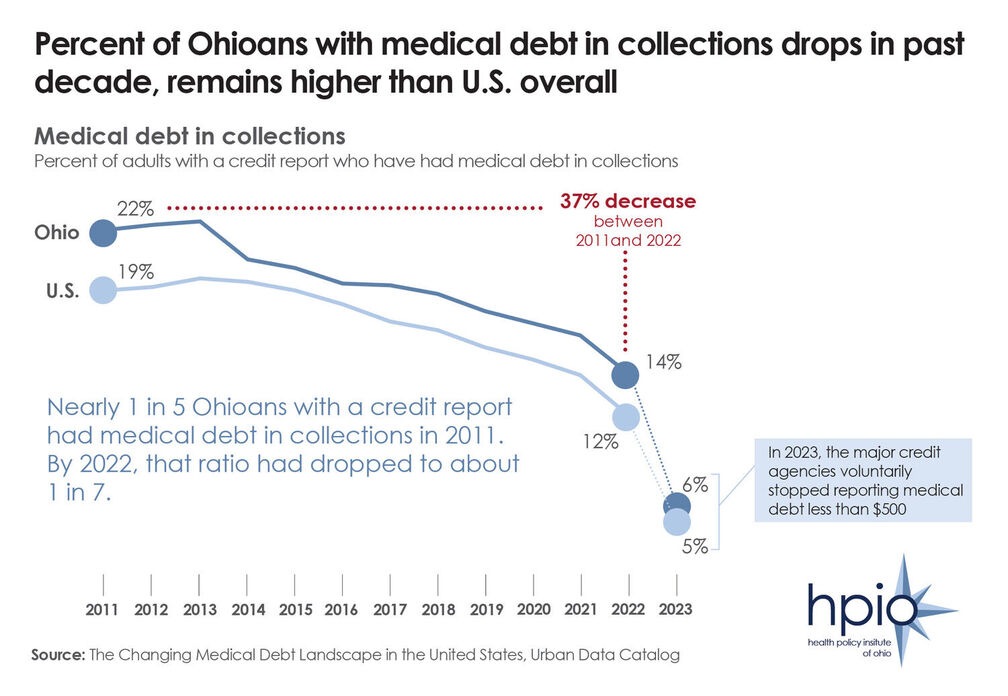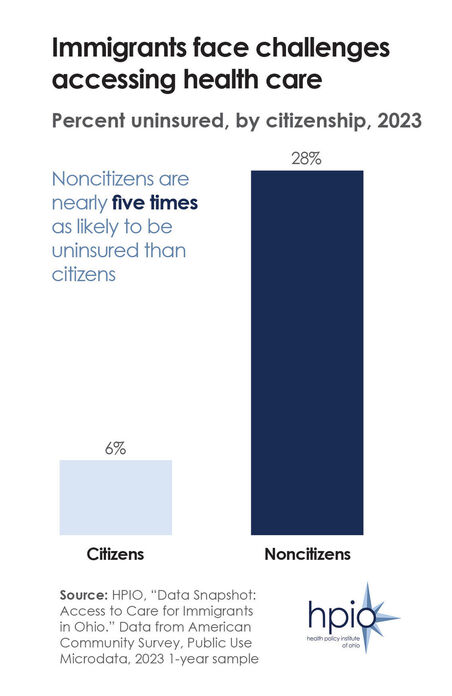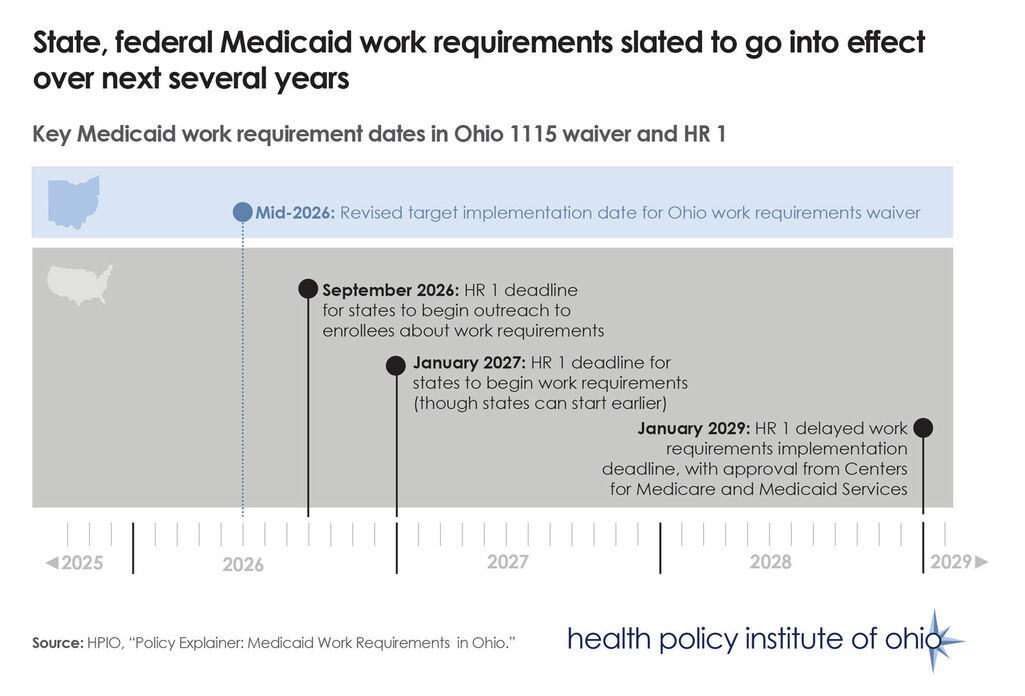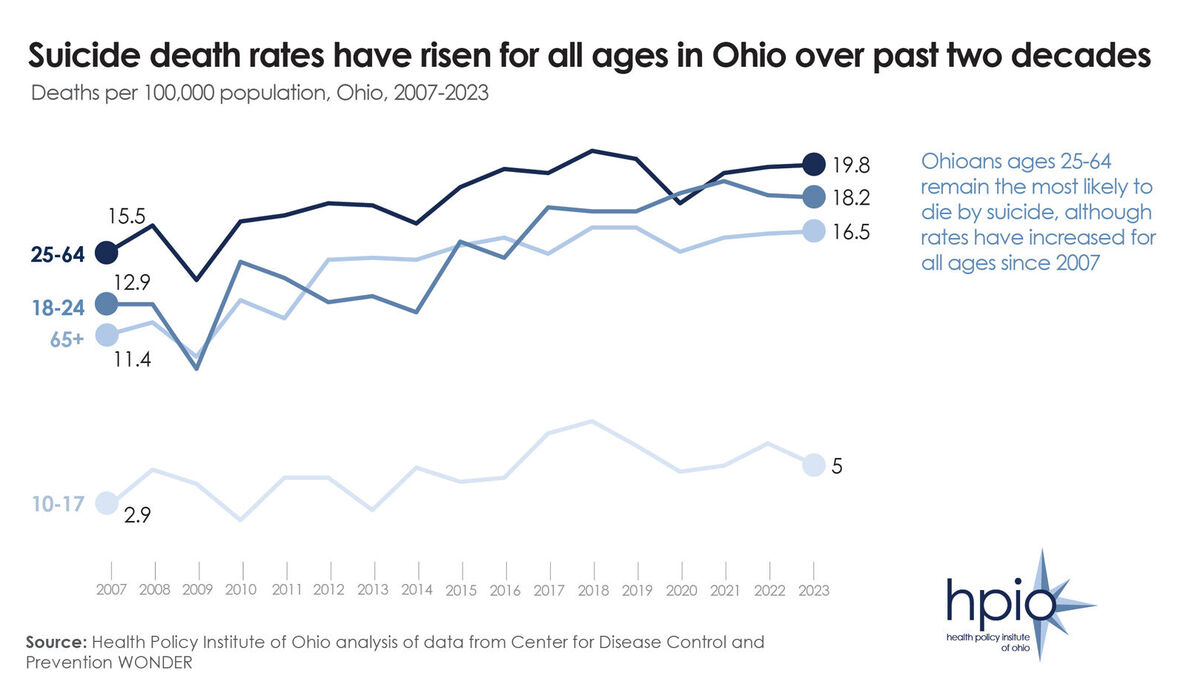Released October 31, 2025
Two federal judges ruled today (Oct. 31) that the Trump administration is required to use emergency funds to continue paying for Supplemental Nutrition Assistance Program (SNAP) benefits (source: “Judges order the Trump administration to use contingency funds for SNAP payments during the shutdown,” Associated Press, Oct. 31).
The rulings — one in a case brought in Massachusetts by 25 states and D.C., the other in a case brought in Rhode Island by a national coalition of municipalities (including Columbus) and non-profits — came after weeks of uncertainty about the future of SNAP payments amid the federal government shutdown.
The Trump administration had previously announced that those enrolled in SNAP would not receive payments starting tomorrow (Nov. 1) because of the ongoing federal government shutdown. The program has never been disrupted during any previous government shutdowns.
Because of the timing of the rulings, just hours before benefits were set to be halted for some enrollees, it is not immediately clear how quickly the electronic benefits transfer cards that beneficiaries use to buy groceries can be reloaded. That process often takes one to two weeks.
More than 1.4 million Ohioans, or 12% of the population, are enrolled in SNAP, including 723,870 households, as illustrated above. According to a recent fact sheet from the Ohio Association of Foodbanks, the average Ohio SNAP participant receives $5.64 a day. That is substantially less than the average cost of groceries calculated by the United States Department of Agriculture. To qualify for SNAP, Ohioans must have a net income at or below federal poverty guidelines — $32,150 a year for a family of four.
Ohio’s monthly allotment of federal SNAP funding for September 2025 was more than $252 million.
On Thursday (Oct. 30), Gov. Mike DeWine announced that he, Ohio Senate President Rob McColley and Ohio House Speaker Matt Huffman agreed to a plan to provide $25 million for emergency food assistance. According to a news release from the Governor’s office, $7 million will be given to Ohio food banks and up to $18 million will be given as emergency benefits to Ohioans who earn below 50% of the federal poverty level ($16,075 for a family of four). It is uncertain whether this aid will be distributed now that the federal government is required to continue benefits.
The current uncertainty of SNAP benefits comes as states are preparing for significant federal cuts to the program as part of HR 1, the federal reconciliation bill sometimes called the One Big Beautiful Bill Act. That legislation includes $186 billion in cuts to SNAP over the next decade, with significant changes to eligibility and increased costs to states. The Ohio Association of Foodbanks fact sheet includes a timeline of scheduled changes to the program.


